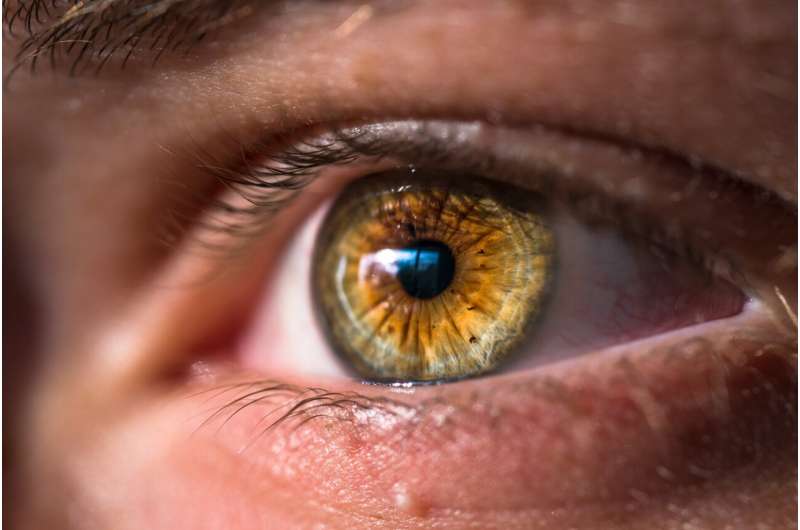India Raises Health Alarm Due to Rising Cases of Brain-Eating Amoeba

India reports a surge in brain-eating amoeba cases, with increasing infections and fatalities highlighting urgent public health concerns. Learn more about Naegleria fowleri and its risks.
India has issued a nationwide health alert following a significant increase in cases and fatalities caused by a rare water-borne parasite known as Naegleria fowleri, often dubbed the "brain-eating" amoeba. The southern state of Kerala has reported a doubling of infections and deaths compared to the previous year, raising concerns among health officials and authorities. As of this year, there have been 19 confirmed deaths and 72 confirmed cases linked to this amoeba, including nine fatalities and 24 cases recorded just in September alone. Last year, the number of deaths was nine out of 36 reported cases.
Naegleria fowleri is typically found in warm freshwater environments such as lakes and rivers. Infection occurs when contaminated water enters the nose, allowing the amoeba to reach the brain. It cannot spread from person to person. The infection is extremely rare but often fatal, with a mortality rate exceeding 95%. Symptoms usually begin with headache, fever, and nausea, quickly progressing to seizures, hallucinations, altered mental state, and coma.
Health experts, including Altaf Ali, a doctor part of the government’s task force, are conducting extensive testing across the region to detect and treat cases early. The sudden emergence of new cases across different parts of Kerala is concerning, signaling the need for increased awareness and preventive measures. Globally, since 1962, nearly 500 cases have been documented, predominantly in countries such as the United States, India, Pakistan, and Australia.
Prevention mainly involves avoiding nasal exposure to contaminated water, especially during activities like swimming or diving in warm freshwater sources. The situation underscores the importance of monitoring water sources and educating the public about safety precautions. Medical authorities and health organizations remain vigilant as investigations continue to understand and curb the spread of this deadly amoeba.
Source: https://medicalxpress.com/news/2025-09-india-health-brain-amoeba.html
Stay Updated with Mia's Feed
Get the latest health & wellness insights delivered straight to your inbox.
Related Articles
FDA Issues Updated Warning on Heart Risks Associated with Pfizer and Moderna COVID-19 Vaccines
The FDA has updated warnings for Pfizer and Moderna COVID-19 vaccines to highlight rare risks of myocarditis and pericarditis, especially in young males, based on new safety data.
Urgent Need to Strengthen Canada's Oncology Workforce Amid Advanced Cancer Treatments
Canada faces the urgent need to expand and adapt its oncology workforce to meet the rising demands of advanced cancer treatments and improved survival rates. Experts highlight strategies for sustainable, high-quality cancer care amid ongoing advances.
Understanding Lash Serums: Benefits, Risks, and Alternatives
Learn about the benefits, risks, and safer alternatives of eyelash serums, including the science behind pharmaceutical ingredients like bimatoprost and natural options, for healthier, longer lashes.
Innovative AI Technology Promotes Increased Breastfeeding Success in Neonatal Care
University of Florida has developed AI models to predict and improve breastfeeding success among mothers in NICUs, enhancing neonatal health and maternal well-being.



